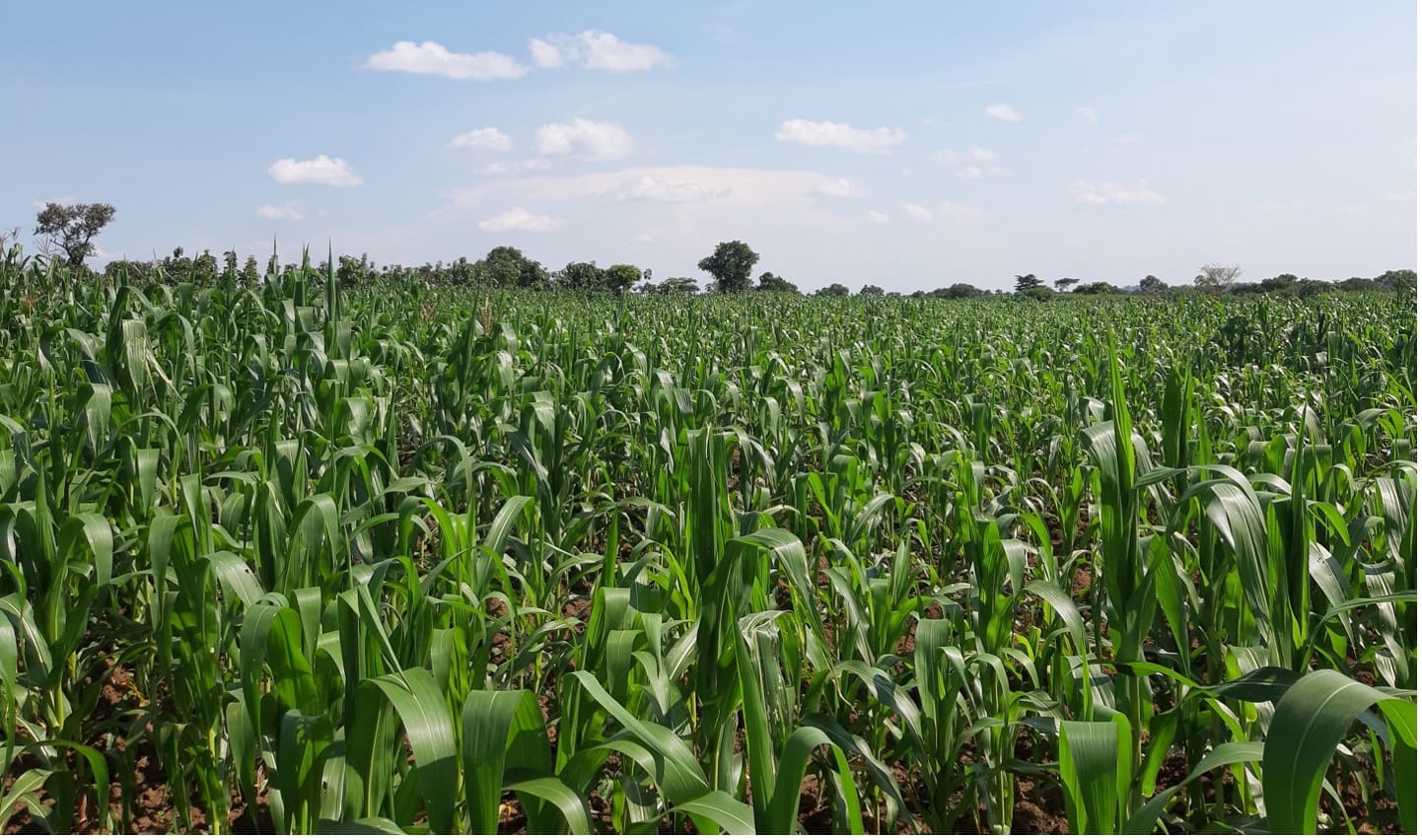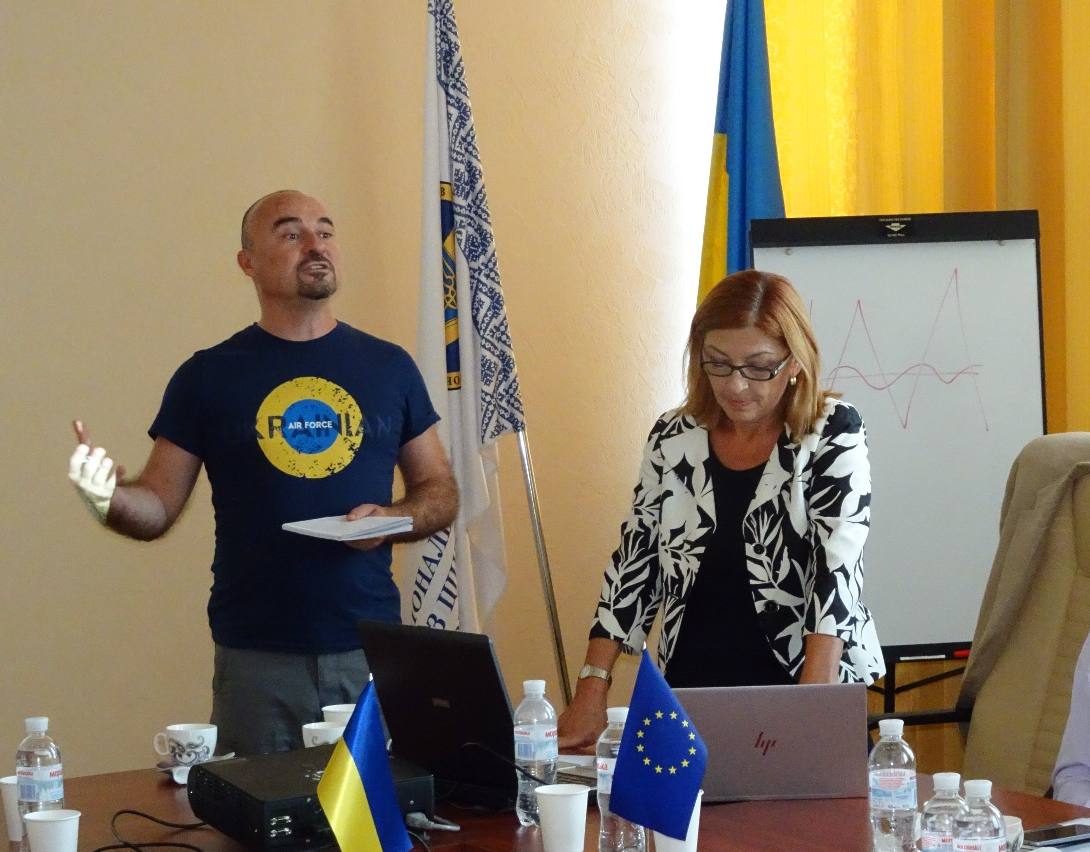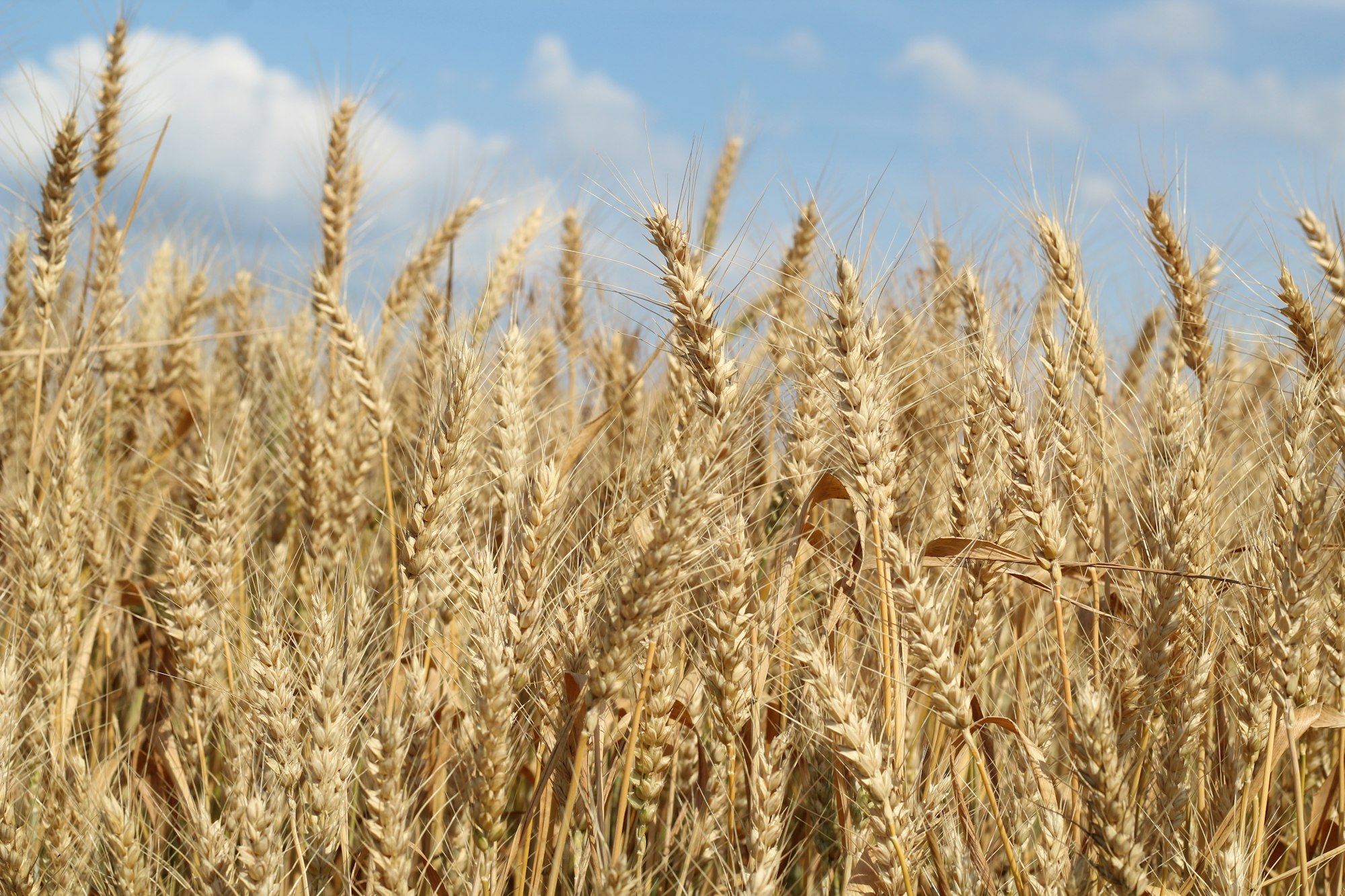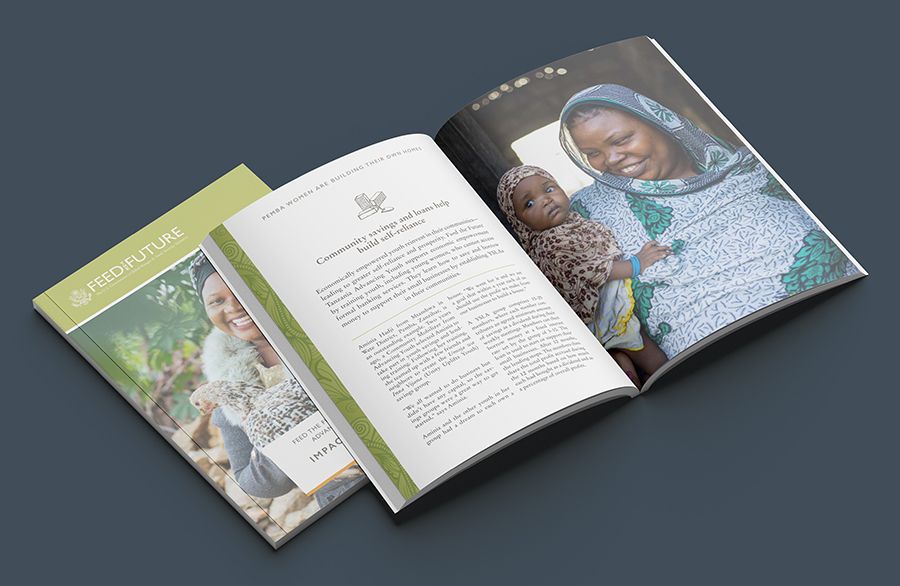When we envision a successful economy, we picture a system where households and businesses have reasonable access to the goods and services they need to thrive. Credit is one of these services, perhaps one of the most important. In developed economies, various types of credit help people secure livelihoods and ensure that businesses can innovate and grow. Student loans, mortgages, stock markets, venture capital—these are all ways for people or firms to get money today based on the promise of success tomorrow. Credit moves financial resources through an economy like water through the pipes of a house, and those movements of financial resources become the transactions that drive productivity and growth.
A sophisticated credit market is a hallmark of advanced economic systems, but if any place needed healthy access to credit, it would be the most fragile and conflict-affected parts of the world. People and businesses in places such as Haiti, northern Mozambique, Myanmar, and Somalia have the least cash to invest, yet they exist in economies with the most room to grow—if conditions were right. Taken in aggregate and with the right vetting tools, they could be excellent loan customers, but unreliable data, unsophisticated legal infrastructure, and, most of all, a lack of trust makes credit beyond the reach of most households and small businesses in the fragile parts of the world.
In many African countries, for example, even when a small business does qualify for a bank loan, it faces annualized interest rates upwards of 30 percent. Many business transactions that would otherwise make sense fail simply because no one can get the cash to make an initial purchase to start a chain of transactions.
Searching for a Pipeline
If an economy is to grow without depending on perpetual donor subsidies, it needs a pipeline for credit. The Strengthening Livelihoods and Resilience (SLR) activity, funded by Feed the Future through the U.S. Agency for International Development, is looking for pragmatic sources of credit in the challenging northeastern province of Ituri in the Democratic Republic of Congo.
Ituri faces persistent violence from an alphabet soup of local militias; struggles with roads that become impassable in the rainy season even for the hardiest motorcycles; lacks any mobile network in broad swaths of territory; and has had much of its economy subsidized or distorted by decades of humanitarian interventions. In this atmosphere, traditional banks cannot find responsible ways to finance agricultural businesses, let alone smallholder farmers—nor do they have much incentive to do so. Socially motivated microfinance operators have few reliable models for helping farming communities buy the improved seeds that are key to increased harvests and adapting to a changing climate, and they struggle with public perception, as many people see them as extensions of the humanitarian system and regard repaying loans as optional.
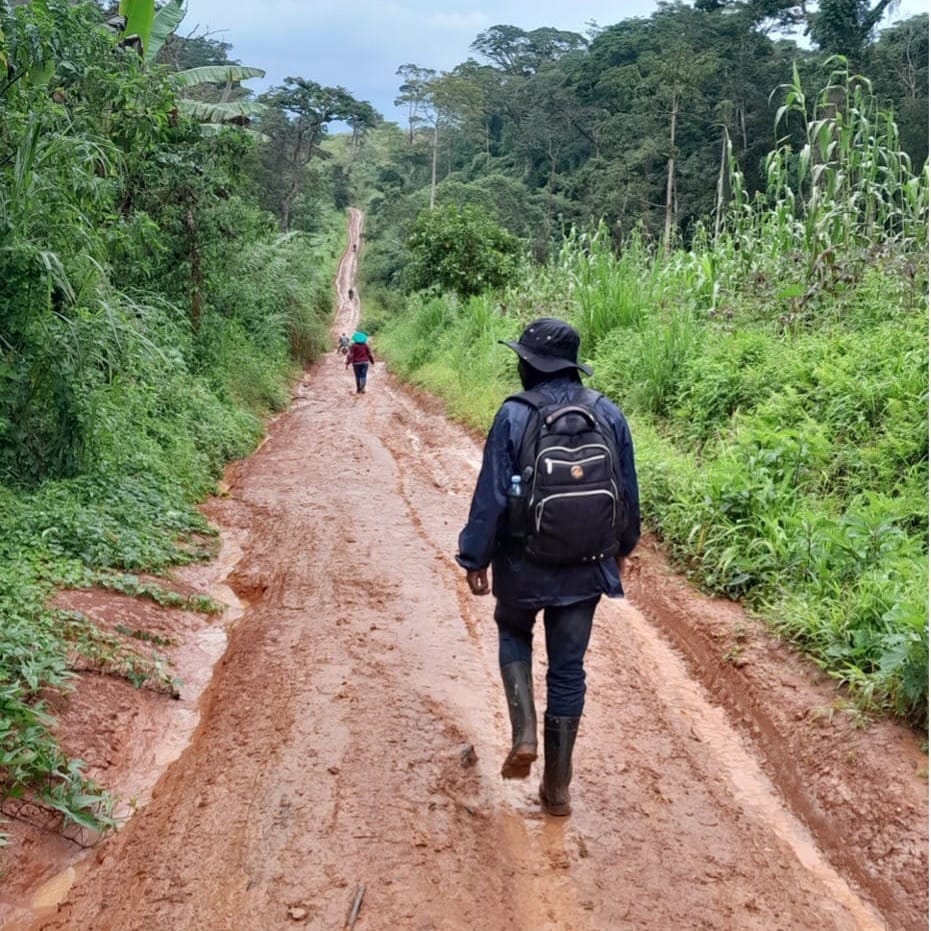
SLR therefore started with the economic actors with the greatest incentive to see farmers buy more improved seed: the seed companies themselves. Specifically, our team started with NASECO, a Ugandan seed company committed to maintaining a seed distribution network in Ituri in the belief that when peace returned, it would be known as the most reliable supplier for farmers and reap the commercial rewards. Its flagship product in the DRC is “Bazooka” maize, a hybrid variety adapted to survive the temperatures and rainfall now typical of the area. In preliminary trials in Ituri, Bazooka seeds were shown to triple or quadruple yield compared to the traditional saved-seed varieties.
Before recommending the (admittedly risky) step of selling seeds on credit, SLR worked with NASECO over the course of two seasons to explore the challenges it faced with its roving sales managers and network of agrodealers and mobile village agents. This first phase of the partnership, focused on re-establishing NASECO’s network and making incremental improvements on its weak spots, helped build the mutual trust and understanding needed to design and launch a seed-credit pilot.
NASECO and SLR began this new phase in March 2023. SLR helped NASECO identify promising communities it knew were most likely to apply the right farming techniques for the hybrid maize variety, and it linked communities with mill operators prepared to purchase the harvest. The communities set aside and prepared land for planting and grouped their orders to save on transportation costs and visits from NASECO’s technicians. NASECO educated its new customers about the improved yield of its seeds, enlisted new agrodealers in the communities, and negotiated the portion of the seed price that farmers would pay up front to show their commitment and ability to pay (the remainder was due at harvest time).
Unusually, SLR also contributed to the cost of clearing and plowing the land for planting, which served the dual purpose of ensuring a good growing environment and injecting cash into the local economy that could be repurposed to pay for the up-front portion of the cost of the seed. In a more stable, developed economy, it would be unnecessary and distortive for a donor-funded project to openly identify customers for a firm and then provide those same customers with cash subsidies. In extremely fragile economies, though, it is sometimes necessary to use a heavier hand to jump-start commercial transactions.
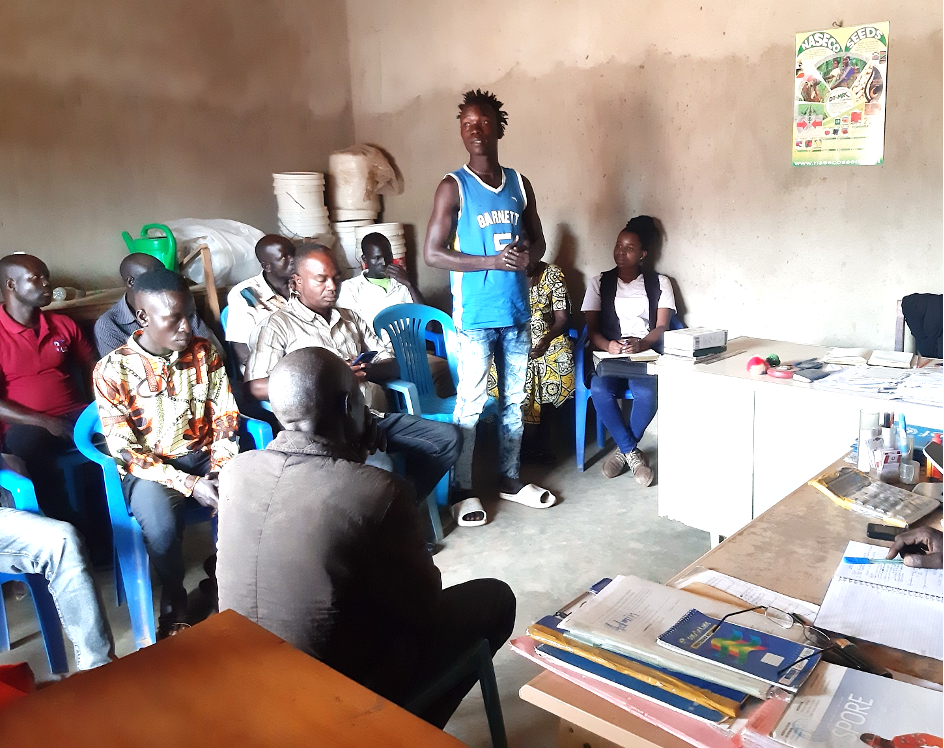
Importantly, however, the pilot maintained the commercial relationship between NASECO and the 1,100 farmers participating: After NASECO assessed the farmers’ knowledge, confirmed their access to suitable land, and negotiated the terms of payment for the seed, each farmer signed simplified contracts with NASECO. SLR did not play a role in the commercial transaction; it merely facilitated the introduction and coached each side, offering no guarantee of harvest to the farmers, nor of payment for the balance of seeds to NASECO. The team made similar introductions between farmers and buyers, but SLR did not guarantee purchasing either.
This insistence on remaining a guide, but not a player, in the economic transaction is the germ of the sustainability of the new approach to seed sales. SLR hypothesizes that once our involvement has brought down the risk of trying this new sales strategy and it proves successful, NASECO and other companies will expand it organically.
Farmers in Aru and Mahagi saw the benefits immediately. NASECO had literally invested in the success of their harvest, so its technicians visited regularly and encouraged the practices that would maximize yield. The Bazooka hybrid variety offered a significant improvement in yield, with the average farmer harvesting 2,500 kilos of maize and selling it into the market. This was a major change for these farmers, most of whom had only grown small quantities of maize for household consumption with traditional saved seeds, or at most sold a few hundred kilos into the informal market. The season was a success for NASECO, too: Through its offer of seed on credit, it was able to reach customers that had remained elusive for its network of agrodealers and mobile agents, and it sold more than 27 metric tonnes of maize seed through this new channel.
Barriers Along the Way
Like most plans made in Ituri Province, this seed-credit pilot did not go entirely as the planners hoped. Organizing farmers and negotiating a new payment arrangement took time. So did mobilizing SLR resources to support the preparation of the land. Furthermore, some of the pilot towns in southern Mahagi suffered a spike in militia activity coming over from Djugu territory, and the violence forced NASECO to keep its technicians at a safe distance. SLR’s local partners got involved to help arrange a way to safely transport the seeds into the threatened towns, but this also took time. These factors all delayed the delivery and planting of the seeds, so the maize plants were exposed to less rainfall and most farmers saw a smaller improvement in yield than trials promised.
Although all 1,100 farmers are on track to repay 100 percent of the credit they received, that too is arriving late because problems with credit elsewhere in the economic system interfered. SLR linked farming communities with maize-milling operations interested in buying the harvest, and it helped the millers plan for the boom in production. However, those same mills were nearly as strapped for cash as the farmers, so when tons and tons of maize came onto the market, the mills could not obtain credit to buy all the production. As a result, many farmers had to sell their harvest at the village market for lower prices than they had hoped, and others sold to the millers but are waiting for payment once the mill grinds the maize and sells the flour to a wholesaler with the cash on hand. A seed company on its own cannot provide the credit to run an entire value chain.
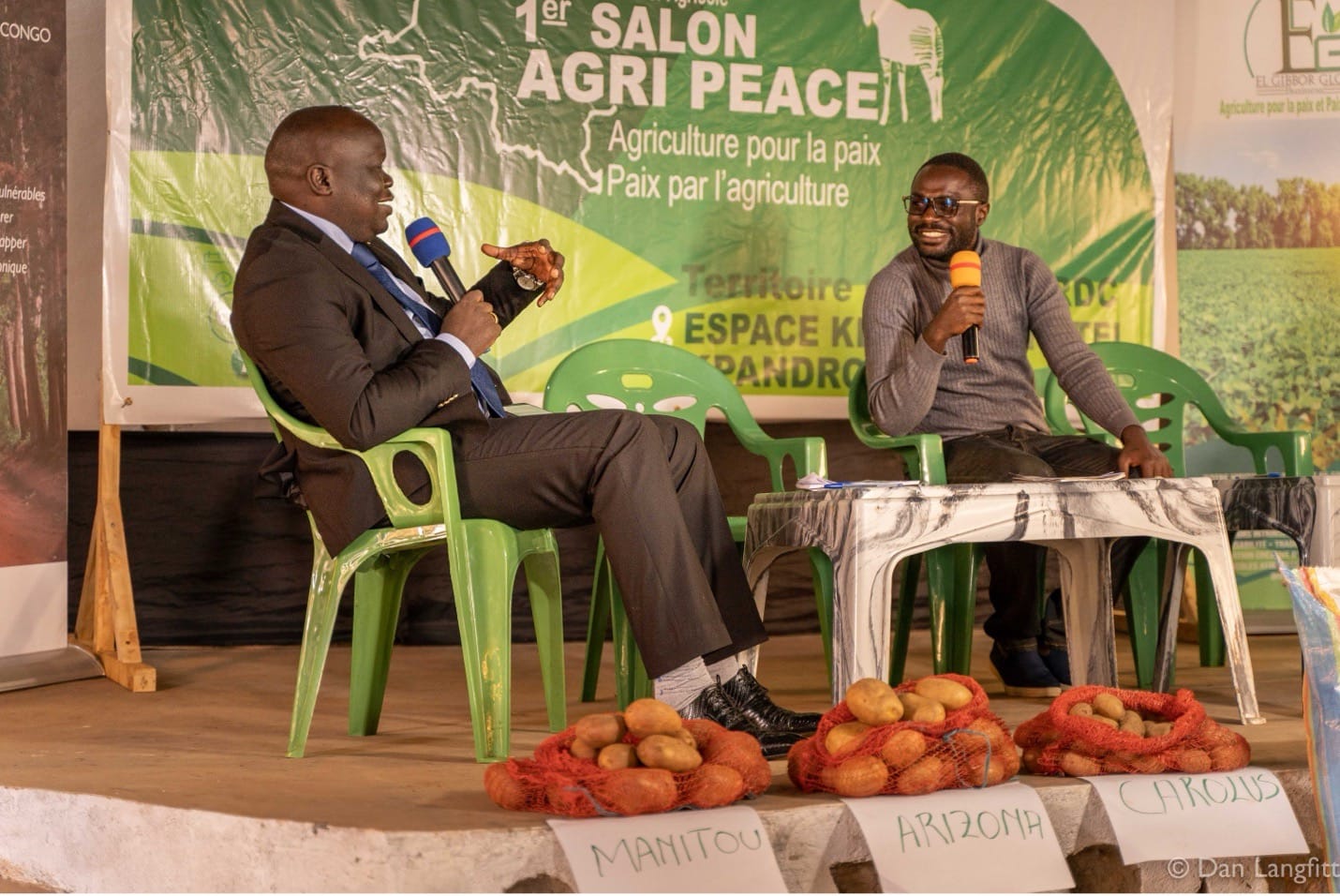
Nevertheless, the pilot was successful enough that this season, NASECO is expanding the communities eligible for seed on credit. More importantly, the example is motivating seed companies in other parts of Ituri to follow suit. SLR is adapting this marketing tactic with three other enterprises: a large rice-milling operation in western Ituri that also sells seeds and is desperate to increase the density of rice production in its area; a North Kivu seed company with prized potato varieties interested in entering the Ituri market; and a socially motivated enterprise with land concessions and deep roots in Ituri’s most unstable territory of Djugu.
These new partnerships offer the opportunity to adjust some of the variables based on what SLR learned last season. For example, the 100 rice farmers participating in the rice credit pilot should have better success selling their crop because the input vendor will also be the output buyer. SLR is also testing whether a newcomer potato company can succeed in Ituri if it partners with a well-established one, and whether their combined agronomic and contextual knowledge can lead to agriculture-led growth in Ituri’s most unstable areas.
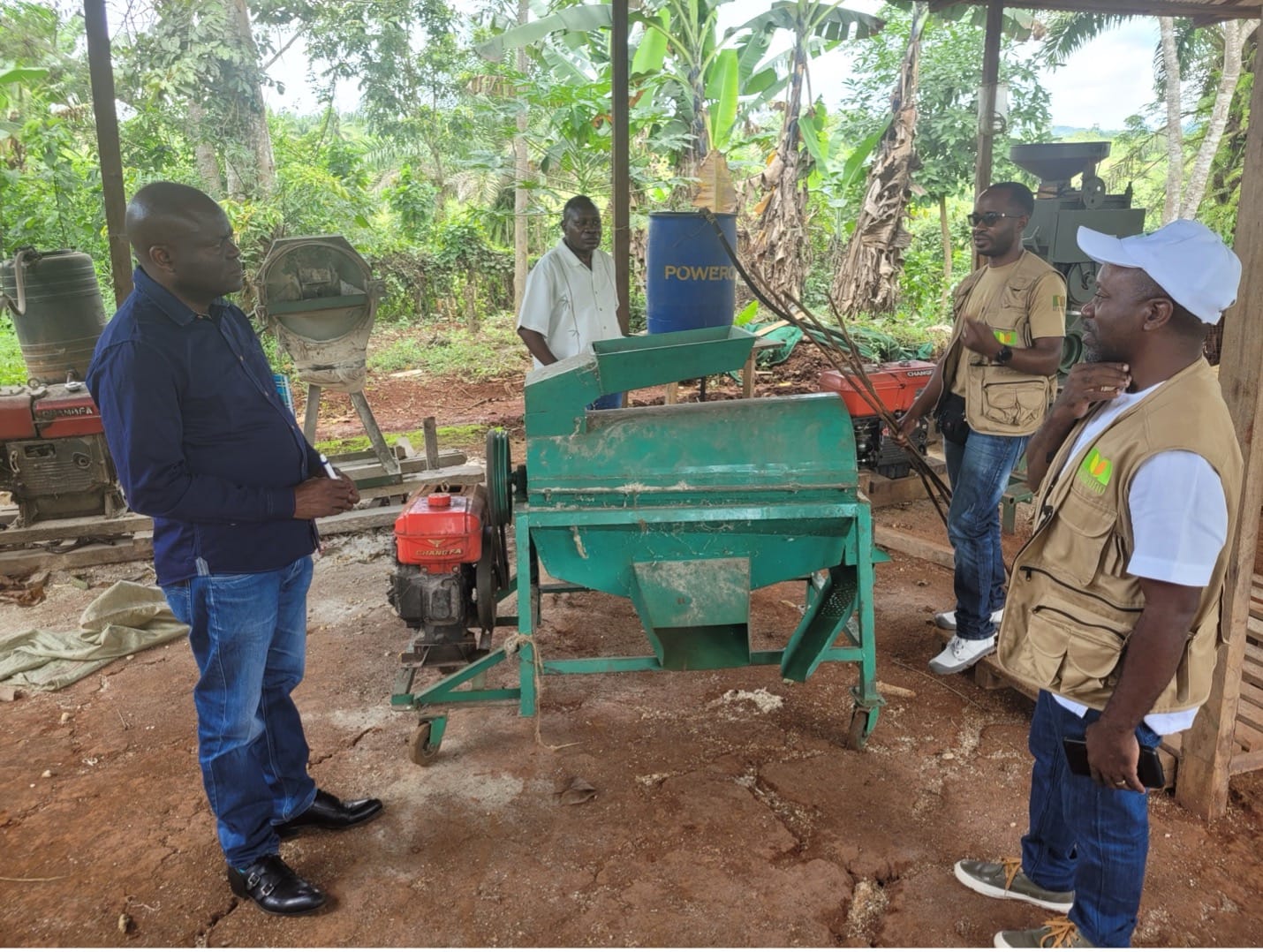
Even the simple credit facility offered by a value chain actor like NASECO requires a degree of community cohesion, business organization, and trust that is not a given in a place like Ituri. This means that SLR’s efforts to open the taps for credit to flow through the farming economy of this fragile province in conflict will not only improve household income and spur business growth: They will help motivate changes in the social and business environment that will give Ituri a chance to break free from the cycles of violence and dependence that have dominated its last two decades and start a path toward peaceful economic growth.
Dan Langfitt was SLR’s Director of Partnerships and Operations until April 2023 and now works in DAI’s Resilience & Stability practice. SLR’s food systems specialist Jaël Mbale and monitoring and evaluation specialist Samy Wandio each made major contributions to this piece.

